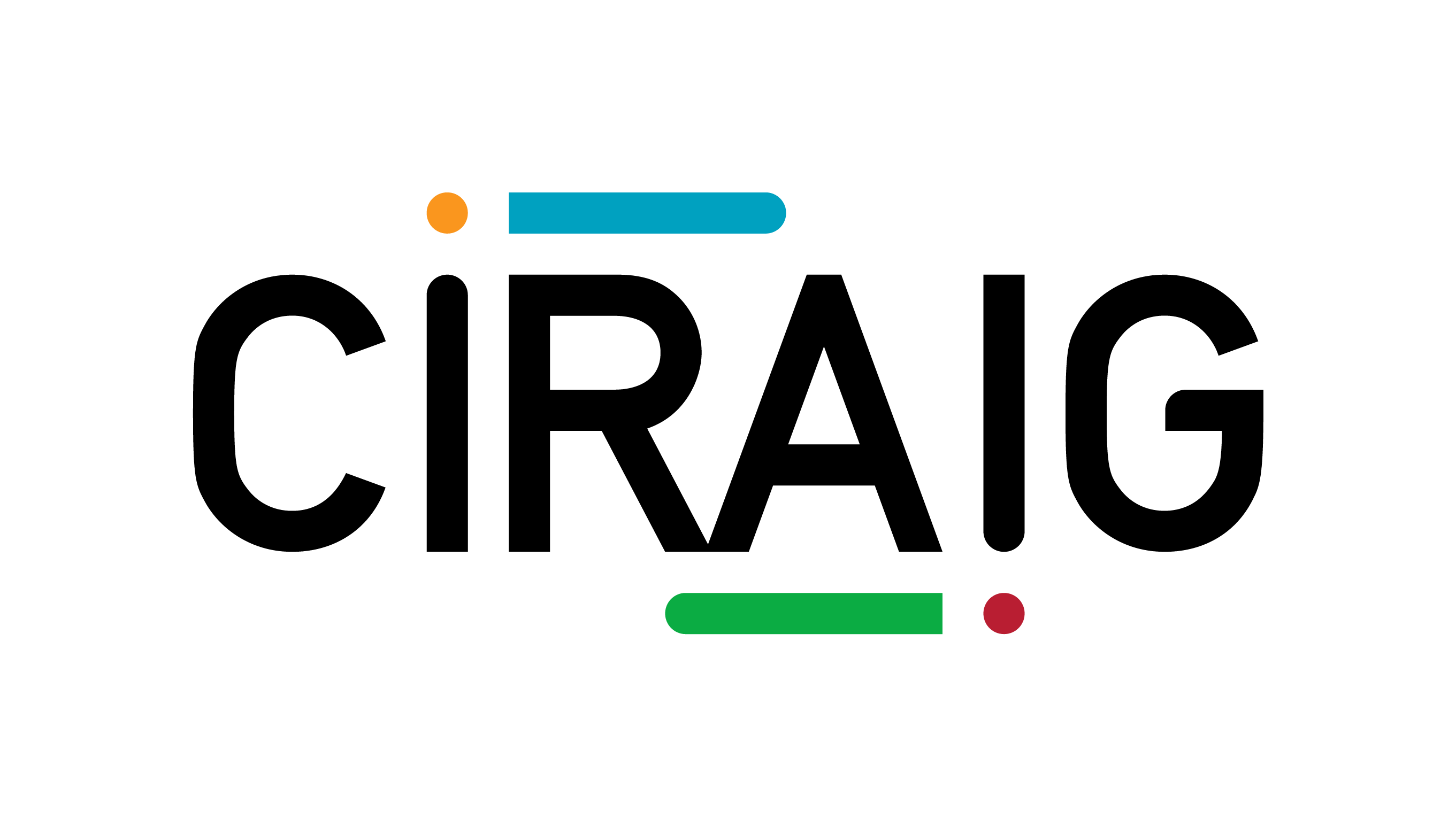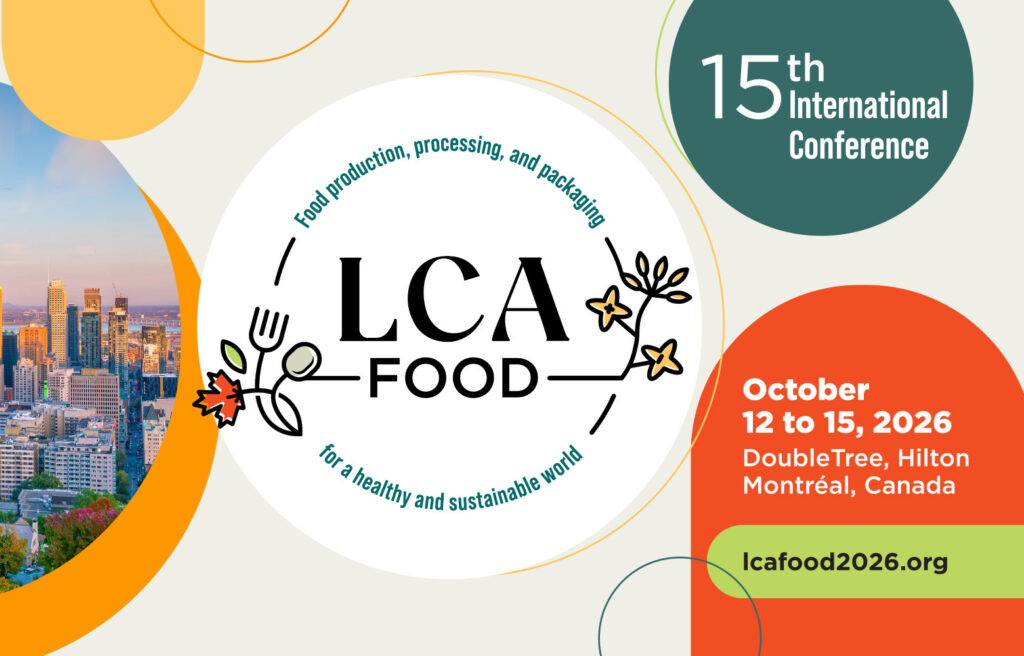Carbon footprint of purchases by Public Services and Procurement Canada – Quebec Region
This study evaluates the carbon footprint associated with the procurements under the authority of PSPC-Quebec Region (PSPC-QC), in order to identify those that have the largest impact and on which it would be a priority to act.

In line with the federal government’s commitments to climate change and environmental protection, Public Services and Procurement Canada (PSPC) has to address the ecological and social aspects of federal procurement and seek to reduce their associated greenhouse gases emissions (GHG). This study evaluates the life cycle GHG (the carbon footprint) associated with the procurements under the authority of PSPC-Quebec Region (PSPC-QC), in order to identify those that have the largest impact and on which it would be a priority to act (e.g. via targeted criteria in its calls for tender).
To read the report on the rest of Canada please click here.




